White Willow Bark 50g
£4.80
Name: White Willow Bark
Latin Name: Salix alba
Plant Family: Salicaceae
Other Names: European Willow, Pussy Willow, Osier, Saille, Salicyn Willow, Saugh Tree, Withy, Écorce de Saule, Écorce de Saule Blanc, Saule Blanc.
White Willow Bark – Salix alba, the white willow, is a species of willow native to Europe and western and central Asia. The name derives from the white tone to the undersides of the leaves. White Willow Bark tastes just like tree bark with a faint bitter flavour.
Willows offer a good source of tannin, like oak trees. Tannins are used in many recipes to mordant natural fibres in addition to an alum mordant, before dyeing.
Out of stock
Description
Properties:
- Salicin – a chemical similar to aspirin (acetylsalicylic acid).
- The salicin in willow bark converts to salicylic acid
- Flavonoids – anti-inflammatory plant compounds.
Benefits:
- Provides relief from pain, fever, and inflammation, without the stomach upset that chemical aspirin causes. It is plentiful and easy to collect in the spring.
- Combination of Salicin & Flavanoids are thought to be responsible for the pain-relieving and anti-inflammatory effects of the herb.
- Chronic Pain – especially headaches or back pain.
- Salicin, reduces the production of pain-inducing chemicals in your nerves.
- Limited evidence suggests that willow bark may have a moderate effect in treating pain caused by osteoarthritis and rheumatoid arthritis.
- Multi-component active principle of willow bark provides a broader mechanism of action than aspirin and is devoid of serious adverse events.
- In contrast to synthetic aspirin, willow bark does not damage the gastrointestinal mucosa.
- Medical research shows that a chemical in white willow (called salicin) not only reduces fever and relieves pain and inflammation but also may help prevent heart attack, stroke, digestive tract cancers, and migraine headaches.
Uses:
- Tea – Steep 1 teaspoon of dried bark in boiling water, strain and serve as a healthy herbal tea! Honey and cinnamon can be used to flavour.
- Willow bark can also be used to relieve menstrual cramps and bring down a fever.
- To create a tannin bath for aiding mordanting and natural dyeing.
Cautions:
- Heart attack, stroke, digestive tract cancers, and migraine headaches are serious conditions requiring medical care. If you would like to try White Willow Bark in addition to standard treatments please consult your doctor first.
- If you have an allergy to aspirin, it’s possible to have a reaction to willow bark as well.
- Like aspirin, you should also be careful if you take anticoagulants, acetazolamide, anti-hypertensives and anti-inflammatory drugs because willow bark interacts with these drugs.
- Children and adolescents up to the age of 16 are generally discouraged from taking willow bark for any reason. This is because of the risk of Reye’s syndrome, a rare condition that causes brain and liver damage.
- Pregnant and breast-feeding women are also discouraged from taking any medication that contains salicylates.
- People with gastric ulcers should be especially careful with willow bark, in the same way that they would be cautious with aspirin, because too much could cause stomach bleeding.
- When taken in moderation, willow bark does not appear to have negative side effects.
Information provided in the Herbal Apothecary is from the ‘folk herbalist’ tradition and does not pretend to diagnose, treat, cure, or prevent any disease or condition.
Celtic Earth Spirit advises you to consult a medical professional before trying any herbal product.
Allergens:
Nuts, gluten, celery, milk/dairy and mustard are handled on the site where this product is processed. Handling procedures are in place to reduce the likelihood of allergens being present, but we cannot guarantee our ingredients are totally free of traces in the product supplied.
Related
Only logged in customers who have purchased this product may leave a review.
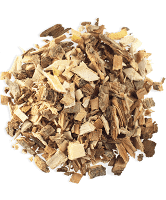
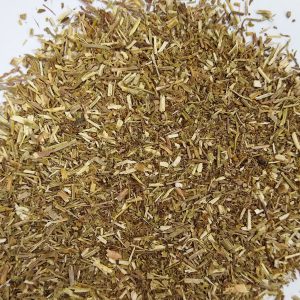
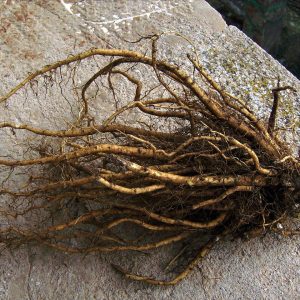
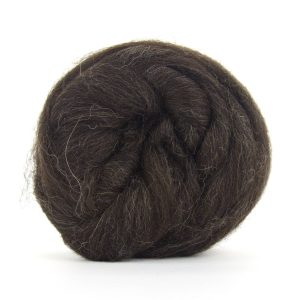
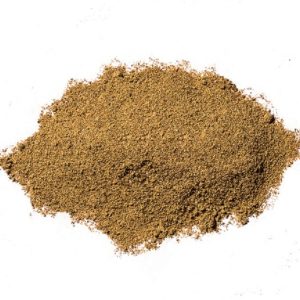
Reviews
There are no reviews yet.